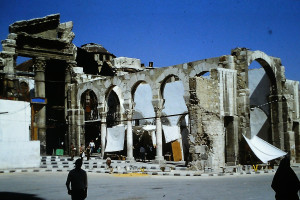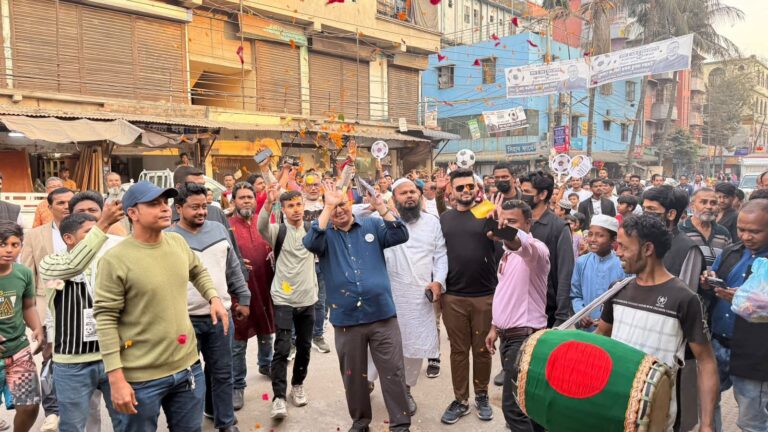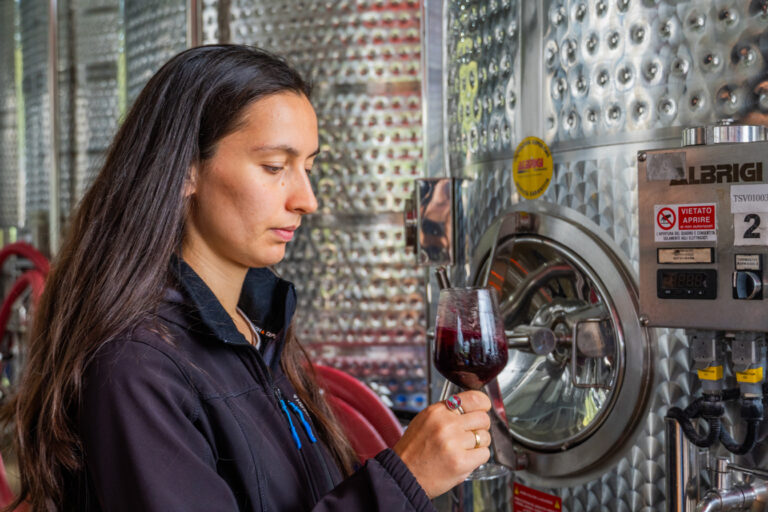
Geneva: The upsurge in fighting and the return to violence are cause for alarm, according to the 24th report of the UN Syria Commission of Inquiry released today, stressing that the country is not fit for safe and dignified returns of refugees.
“One decade in, the parties to the conflict continue to perpetrate war crimes and crimes against humanity and infringing the basic human rights of Syrians. The war on Syrian civilians continues, and it is difficult for them to find security or safe haven in this war-torn country,” the Chair of the Commission, Paulo Pinheiro told a press conference in Geneva.
As Syrian President Bashar Hafez al-Assad enters his fourth term in office – controlling about 70% of the territory and 40% of the pre-war population – there seem to be no moves to unite the country or seek reconciliation. On the contrary, incidents of arbitrary and incommunicado detention by Government forces continue unabated. The Commission has continued to document not only torture and sexual violence in detention but also custodial deaths and enforced disappearances.
Further, during the reporting period, the Syrian economy has been rapidly deteriorating, causing bread prices to soar and a striking more than 50 per cent increase in food insecurity compared with last year.
“The overall situation in Syria looks increasingly bleak. In addition to intensifying violence, the economy is plummeting, Mesopotamia’s famous riverbeds are at their driest in decades, and widespread community transmission of the COVID-19 seems unstoppable by a health care system decimated by the war and lacking oxygen and vaccines. This is no time for anyone to think that Syria is a country fit for its refugees to return”, Commissioner Karen Koning AbuZayd stated.
Recent months have seen increased fighting and violence both in the northwest, northeast and south of the country, according to the report which covers the period 1 July 2020 – 30 June 2021.
The lull in hostilities in northwest Syria, brought about by the March 2020 ceasefire agreement between the Russian Federation and Turkey, began unravelling with aerial bombardments and shelling. Medical facilities, such as the de-conflicted hospital in Atarib, markets and residential areas have been struck by aerial and ground attacks, often indiscriminately, causing numerous civilian casualties.
Meanwhile the southwest experienced fighting not seen since before the 2018 Russian-brokered agreement between the Syrian Government and the armed opposition groups. In the town of Dar’a Al-Balad, the birthplace of the uprising in 2011, pro-Government forces imposed a siege characterised by heavy artillery shelling, leaving tens of thousands civilians trapped inside without sufficient access to food nor health care, forcing thousands of men, women and children to flee.
“Shockingly, the past months have seen the return of sieges and siege-like tactics, in Dar’a, Quineitra and Rif Damascus governorates. Three years after the suffering that the Commission documented in eastern Ghouta, another tragedy has been unfolding before our eyes in Dar’a Al-Balad”, Commissioner Hanny Megally said.
Meanwhile, despite public statements indicating a desire to adhere to basic human rights norms, the United Nations-designated terrorist organization Hay’at Tahrir al-Sham (HTS) continued imposing restrictions on media and the freedom of expression in its area of control in the northwest, including by arbitrarily detaining media activists and journalists, including women.
In the Afrin and Ra’s al-Ayn regions of Aleppo, civilians live in fear of vehicle-borne improvised explosive devices that are frequently detonated in crowded civilian areas – striking markets and busy streets and claiming the lives of many. The Commission documented the killing and maiming of at least 243 women, men and children in seven such attacks – but the full toll on civilians is considerably higher. Indiscriminate shelling also continued, including on 12 June when munitions struck multiple locations in Afrin city, killing and injuring many and destroying parts of the “de-conflicted” al-Shifa hospital.
The security situation in certain areas under the control of SDF also deteriorated, seeing increased attacks by Da’esh remnants, conflict with Turkish forces and mounting discontent and protests amongst the population, in particular in Arab populated areas. SDF continued to detain more than 10,000 suspected former Da’esh fighters in prison facilities across eastern Syria since at least 2019. Among them are around 750 boys, held in at least ten prison facilities.
Strikingly, and years after the territorial defeat of Da’esh, thousands of women and children remain unlawfully interned in camps across northeast Syria in the territory controlled by the Kurdish-led SDF coalition. Suspected for links with Da’esh but left with no legal recourse and no end date to their ordeal, they have been left to fend for themselves in conditions that may amount to cruel or inhuman treatment.
In Al Hawl and other camps near the Iraqi border in northeast Syria, an estimated 40,000 children are held. Nearly half are Iraqi; 7,800 come from nearly 60 other countries.
Since mid-2019, almost 5000 Syrian children have been released from the camps to communities in the northeast under so-called tribal sponsorship agreements. Some 1000 foreign children have also been released and brought home (as shown in an annex to the report).
Yet, most foreign children remain deprived of their liberty, since their home countries refuse to repatriate them.
Most are under 12 years old. No one accuses them of crimes, yet, for over three years, they have been held in horrifying conditions, deprived of their right to education, to play, to proper health care.
“These children must also be protected in line with international human rights and humanitarian law. Protection can never mean indefinite detention of children. The first remedy for unlawful detention is release,” noted Chair Paulo Pinheiro. “Punishing children for the sins of their parents cannot be justified.”
The Commission will present its report to the Human Rights Council on Thursday, September 23, 2021.
It may be mentioned that the Independent International Commission of Inquiry on the Syrian Arab Republic, which comprises Paulo Sérgio Pinheiro (Chair), Karen Koning AbuZayd, and Mr. Hanny Megally was established ten years ago, on September 12, 2011. It has been mandated by the United Nations Human Rights Council to investigate and record all violations of international law since March 2011 in the Syrian Arab Republic.
– global bihari bureau





